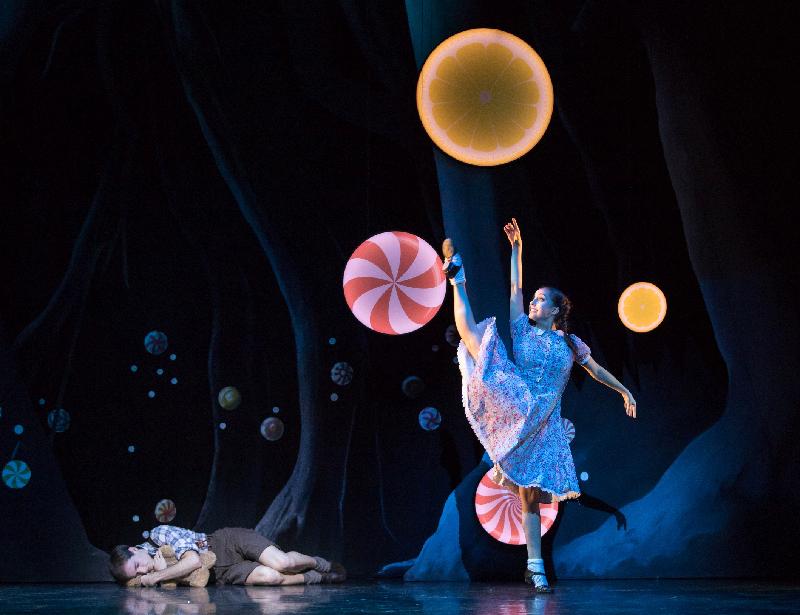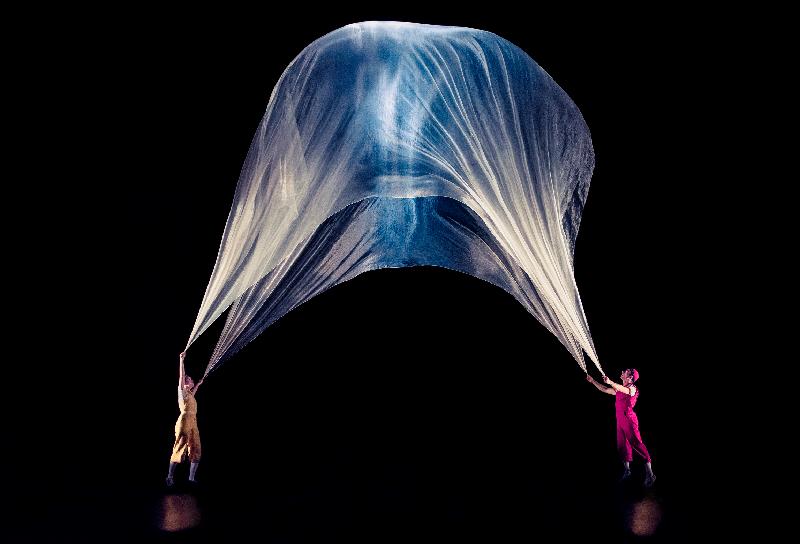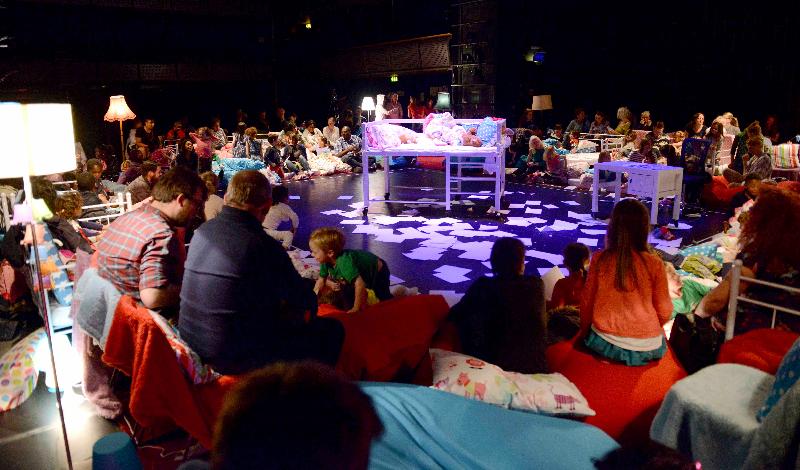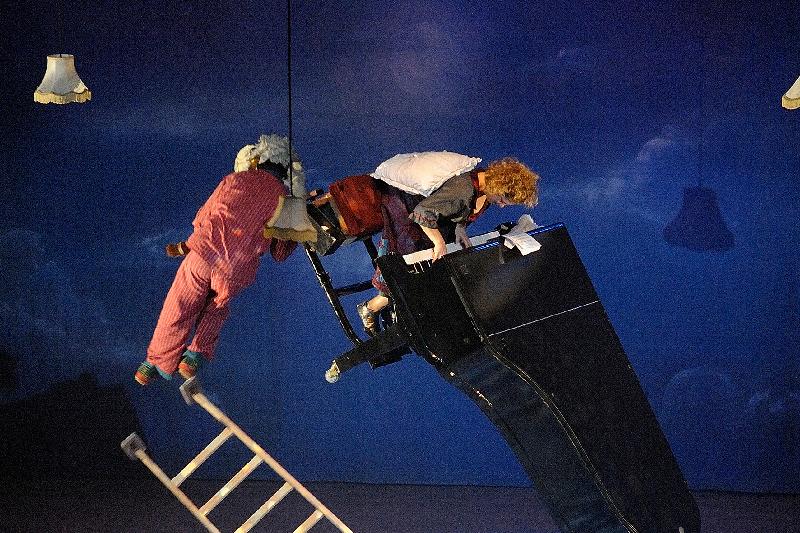Following is a question by the Hon Tony Tse Wai-chuen and a written reply by the Secretary for Development, Mr Michael Wong, in the Legislative Council today (May 16):
Question:
Regarding the expenditure on consultancy fees involved in the delivery of public works projects, will the Government inform this Council of:
1. the following information in respect of the public works projects with an approved estimated cost exceeding $15 million implemented by each works department in the past three years:
(i) the title of the construction project;
(ii) the approved estimated project expenditure;
(iii) the comparison between the original estimated expenditure on consultancy fees at the design stage and the approved estimated project expenditure;
(iv) the awarded price of the contract for the construction works;
(v) the comparison between the original estimated expenditure on consultancy fees at the design stage and the awarded price of the consultancy contract (design stage); and
(vi)the reasons for the discrepancy between the original estimated expenditure on consultancy fees at the design stage and the awarded price of the consultancy contract (design stage) (set out in a table).
(2) the criteria and methods adopted for calculating the expenditure on consultancy fees for public works projects at the design stage, and whether a limit has been imposed on the expenditure concerned?
Reply:
President,
To continuously improve people's quality of life, enhance Hong Kong's long-term competitiveness and promote our economic development, the Government has been implementing all types of public works projects in an orderly manner. The implementation of public works projects involves efforts on various fronts including project study, investigation, design, construction supervision and contract management, and requires the participation of a large number of professional and qualified persons as well as support of other technical personnel. In general, government departments will procure architectural or engineering consultancy services when the Government does not have sufficient in-house manpower resources to implement public works projects within a reasonable period of time.
My reply to Hon Tony Tse Wai-chuen's question is as follows:
(1) For public works projects implemented by the works departments (involving project design undertaken by consultants) with funding approved in the past three years, the information including the title of the construction project, the approved project estimate (APE), the awarded prices of works contract(s) as well as the comparison between the original estimated consultancy fees for the design stage and the APE of the construction project is set out at Annex 1 (Note 1).
The comparison between the original estimated consultancy fees for the design stage and the awarded prices of consultancy agreements (design stage) is provided at Annex 2 (Note 2).
As indicated in Annex 2, the awarded prices of about 71 per cent of the architectural or engineering consultancy agreements concerned are lower than the works departments’ pre-tender estimates.
In general, the differences between the original estimated consultancy fees for the design stage and the awarded prices of consultancy agreements (design stage) are attributable to a number of factors, which can broadly be classified as follows:
* competition and price fluctuations in the consultancy services market;
* changes in the job market and wage fluctuations for professionals and technical personnel;
* different working strategies proposed by consultants based on the complexity and risks of individual projects;
* Innovative and creative proposals of different consultants to meet the needs of individual projects; and
* Previous experience, knowledge and expertise of different consultants and their employees.
(2) At present, the procurement of architectural or engineering consultancy services undertaken by works departments shall follow the Stores and Procurement Regulations, the Architectural and Associated Consultants Selection Board Handbook or the Engineering and Associated Consultants Selection Board Handbook, and the relevant Development Bureau Technical Circulars (Works) (DEVB TC(W)).
During the procurement of architectural or engineering consultancy services, works departments will follow the above guidelines to compile the estimated consultancy fees taking into account the required manpower input of various categories of professional and technical personnel and the associated market rates based on the degree of complexity of and efforts required for various disciplines in taking forward individual public works projects. Therefore, there may not be a fixed relationship between the estimated consultancy fees for the design stage and the APE of a construction project.
All along, the works departments have attached great importance to the quality and cost-effectiveness of professional services provided by architectural or engineering consultants. Therefore, both the professional technical proposals and tender prices are key considerations in the selection of consultants. According to DEVB TC(W) No. 2/2016 and the related Consultants Selection Board Handbooks, the works departments will generally adopt a "two-envelope" bidding system in the selection of consultants, in which consultants' technical proposals and tender price proposals are assessed separately and then the overall best performing tender will be selected. The competitiveness of a tender is subject to the quality of its technical proposal and how high or low its price is. Moreover, to prevent consultants from bidding at an unreasonable price level, the works departments would compare consultants' tender prices with the estimated prices as well as the market prices. The above assessment criteria, which help establish an appropriate and fair bidding system, have been included in the said technical circular and adopted in tender documents for architectural or engineering consultancy agreements.
At present, if the estimated expenditure on the design, preparation of tender documents and other related work carried out by a consultant prior to commencement of the construction works does not exceed $30 million, the consultancy fees at the design stage will normally be charged against the funding of a Category D item. If the estimated expenditure exceeds $30 million, the works department will need to make application to the Finance Committee of the Legislative Council for upgrading part of the public works project to Category A to fund the consultancy fees at the design stage. The works department should ensure that the estimated expenditure at the design stage for any awarded architectural or engineering consultancy agreement will not exceed the APE of the Category D or A item concerned.
Note 1: The construction projects in Annex 1 do not cover the block vote projects, projects entrusted to other organisations, projects designed and built by contractors, and those designed by in-house staff of works departments.
Note 2: To avoid over disclosure of information which would affect the competitive position(s) of the Government and/or consultants, the information is presented in a consolidated form.





